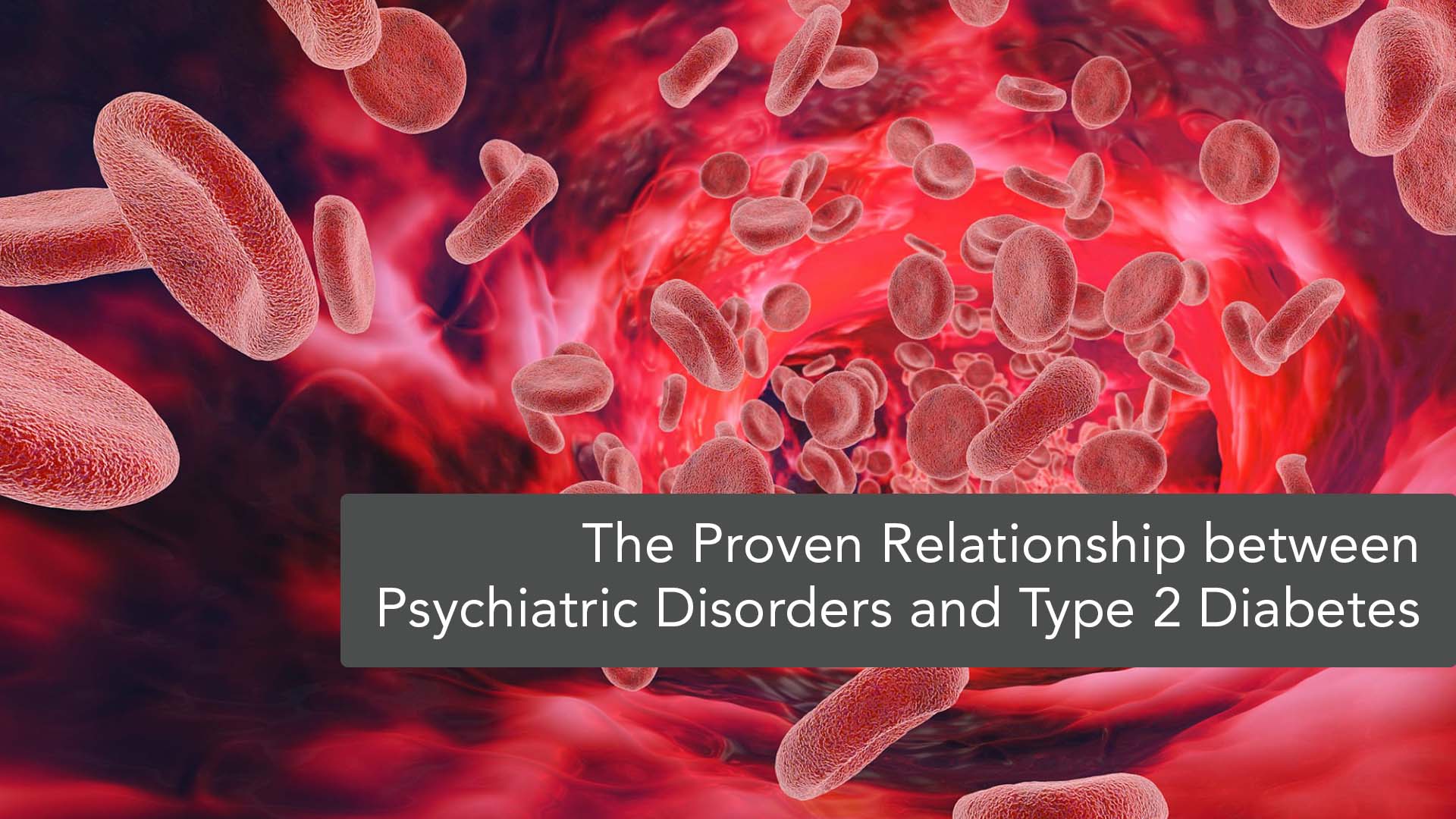Treating Psychiatric Disorders and Type 2 Diabetes through Their Comorbidity

The Novelty
Based on a cohort of 105,184 participants, this study disclosed the underlying mechanisms of the comorbidity between psychiatric disorders and type 2 diabetes. A family history of type 2 diabetes was associated with family history of all three common psychiatric disorders i.e. schizophrenia (SCZ), major depressive disorder (MDD) and bipolar disorder (BPD). Compared to paternal type 2 diabetes, maternal type 2 diabetes demonstrated a higher strength of association with SCZ family history, indicating that women demonstrate a more predominant effect of family history of type 2 diabetes on SCZ than men. Higher genetic loading for SCZ was associated with a lower risk of type 2 diabetes in women but not in men. This suggests that gender could potentially alter the genetic effect on human diseases. On the other hand, higher genetic loading for MDD was associated with a higher risk of type 2 diabetes. Although familial aggregation was reported between type 2 diabetes and BPD, there is a lack of a polygenic association between them probably due to a role of environmental factors in the mechanisms. Results also showed that the polygenic effect of SCZ on type 2 diabetes may be partly mediated by obesity and the polygenic effect of MDD on type 2 diabetes may be partly mediated by obesity or smoking. Future studies may replicate this approach on participants of other ancestries (besides Taiwanese) to explore the outcomes.
The Background
The comorbidity between psychiatric disorders and type 2 diabetes has been proven and this implied the importance to examine its underlying mechanism. Moreover, the familial aggregation of type 2 diabetes and common psychiatric disorders also suggested an influence of shared environmental factors or genetic background. Further studies showed that the association was mainly due to genetic background, especially in female. Meanwhile, the influence of sex differences was highlighted through the difference in prevalence of type 2 diabetes in the mothers and fathers of those with psychosis. Hence, this study investigated the underlying mechanisms of the comorbidity between psychiatric disorders and type 2 diabetes by examining familial aggregation and testing for polygenic overlap based on a molecular approach. For the first time, polygenic loading was applied for common psychiatric disorders to predict type 2 diabetes in Asia with the largest sample size to-date. The output provides crucial insights indicating the needs for therapies and preventive plans to address the initial development of type 2 diabetes and its comorbidity with psychiatric disorders.
The SDG Impact
Comorbidity is associated with degrading health, higher complexity clinical management, and higher health care costs. Based on the proven comorbidity between psychiatric disorders and type 2 diabetes, depression should be diagnosed and treated proactively as the physical complications of diabetes that are commonly prioritized. This will directly lower the number of cases for both depression and type 2 diabetes. By understanding the underlying mechanisms of the comorbidity, high-efficacy therapeutic strategies can be planned to lower the risks for both diseases (UNSDG 3: Good Health & Well-Being).
